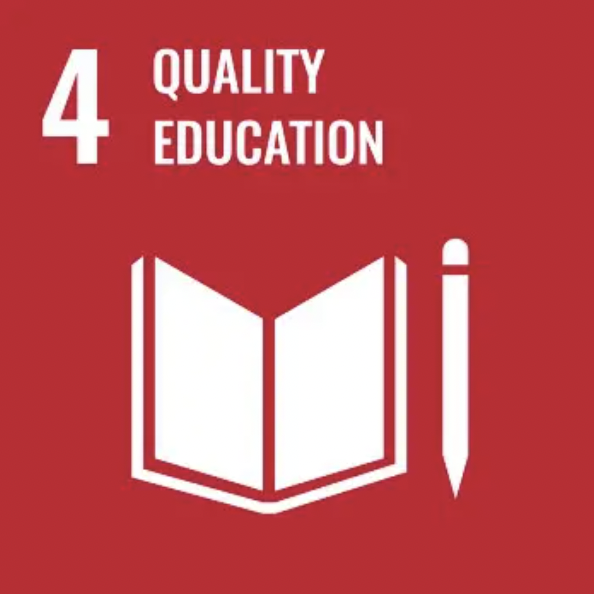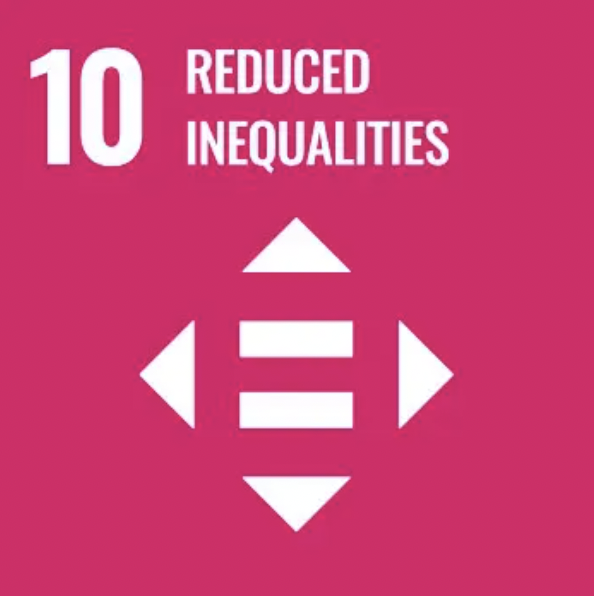G2 – Global Education: Connectivity, Complexity and Diversity
COORDINATION:
DANIELA BARROS, PEDRO ABRANTES
The “Global Education” Group is made up of a group of researchers from different disciplinary areas (education, sociology, anthropology, mathematics, etc.), including teachers and doctoral students, whose research focuses on the relationship between education and globalization.
This group aims to implement theories and practices of learning and teaching that prioritize the construction of global democratic identities, while being articulated and thought through the forms of everyday experiences, relationships of belonging and local knowledge. With the combined contributions of the different social sciences, the group also aims to consolidate scientific analysis and public knowledge about the ways in which educational policies and practices have been developing on a global scale, through the growing flows of people, information and capital among the different countries and regions of the world. In this way, the group’s focus lies in deepening the study of the global dynamics of domination and exclusion that are reproduced, accentuated and legitimized through education and training systems, as well as promoting the capacity of education and training to effectively constitute a space for inclusion, citizenship and the valuing of diversity on a global scale, paying particular attention to Portuguese-speaking countries. Thus the work of this group is fundamental to the scientific construction of CEG, enabling close cooperation with other research groups.
This group has been developing research projects and funding applications in partnership with other national and international institutions. It has also organized seminars and an international symposium, as well as collaborating on various publications, focusing on online formats, in which the Universidade Aberta has extensive experience and which have made it possible to foster international collaboration, especially with teachers from Portuguese-speaking countries.
Group:
Researchers
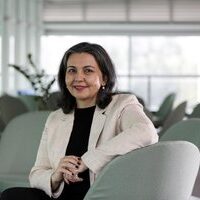 Adriana Kampff
Adriana Kampff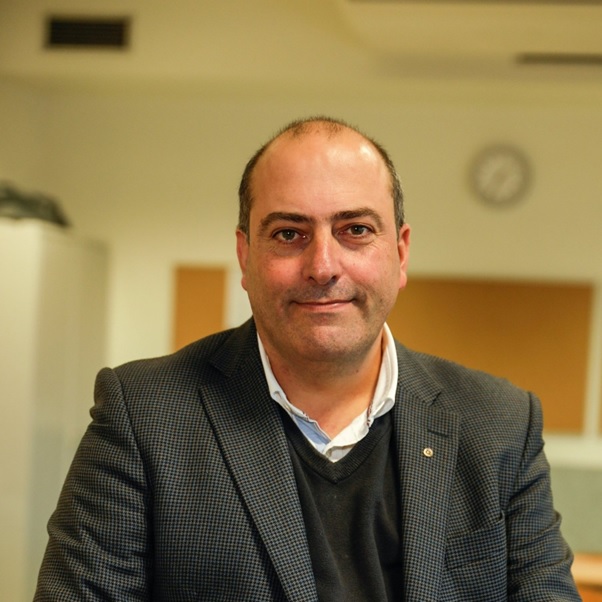 Alberto Rocha
Alberto Rocha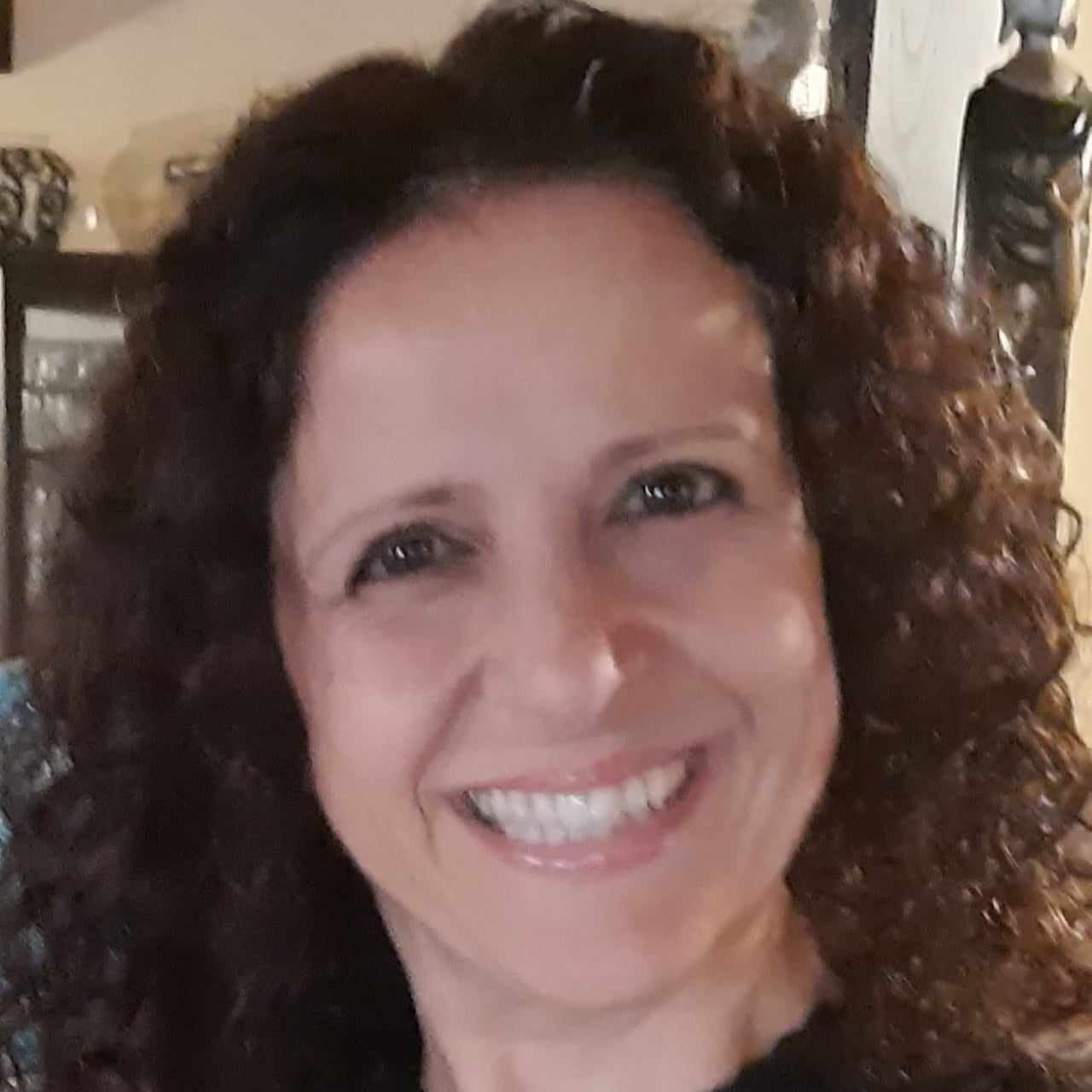 Ana Lúcia Ferreira
Ana Lúcia Ferreira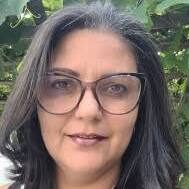 Andrea Nunes
Andrea Nunes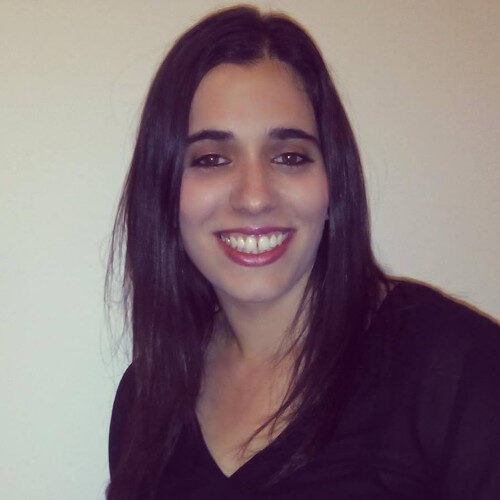 Andreia Filipa Pinho
Andreia Filipa Pinho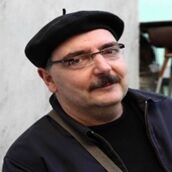 Artur Manuel Sarmento Manso
Artur Manuel Sarmento Manso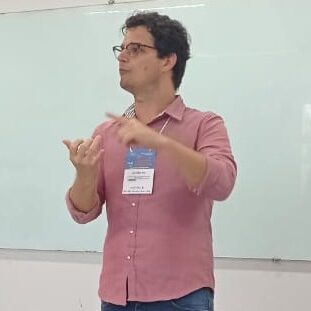 Cícero Muniz Brito
Cícero Muniz Brito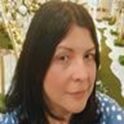 Cristiane Pires Teixeira Pacheco
Cristiane Pires Teixeira Pacheco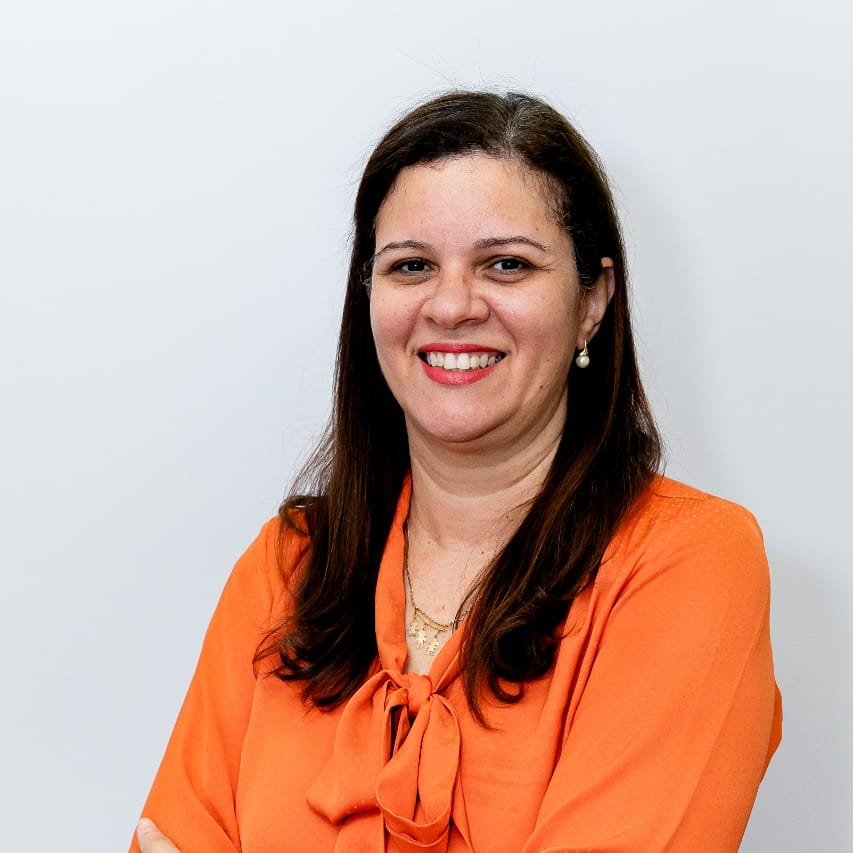 Cristiane Tavares
Cristiane Tavares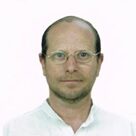 Daniel Romeiro
Daniel Romeiro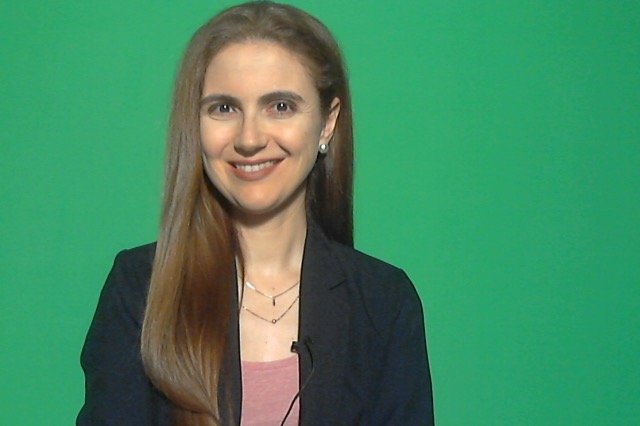 Daniela Barros
Daniela Barros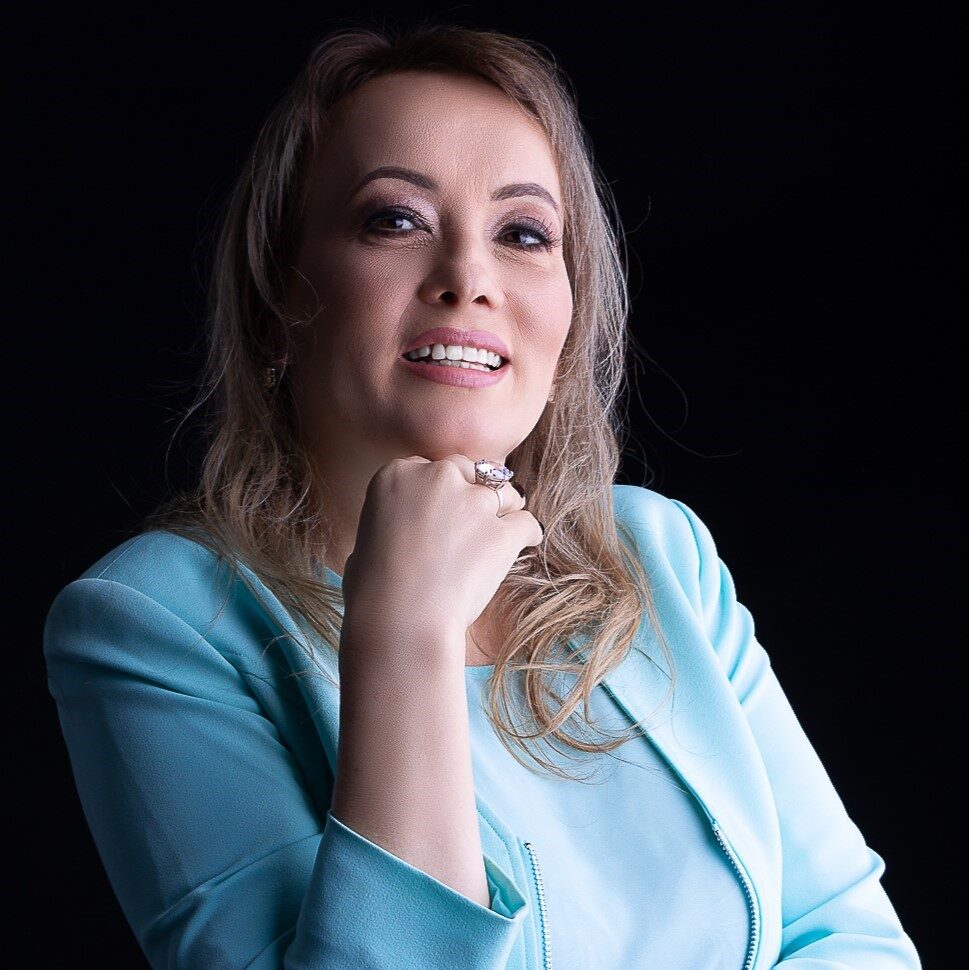 Daniela Farias
Daniela Farias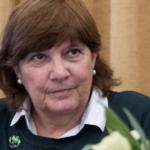 Darlinda Moreira
Darlinda Moreira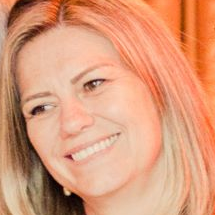 Dilmeire Vosgerau
Dilmeire Vosgerau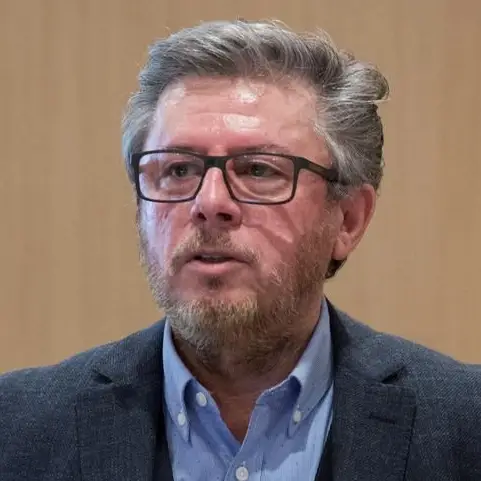 Domingos Caeiro
Domingos Caeiro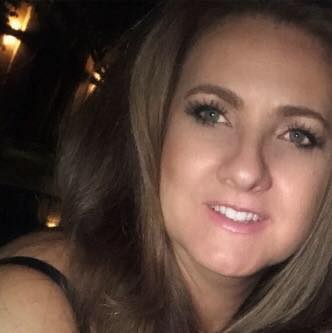 Eliane Schlemmer
Eliane Schlemmer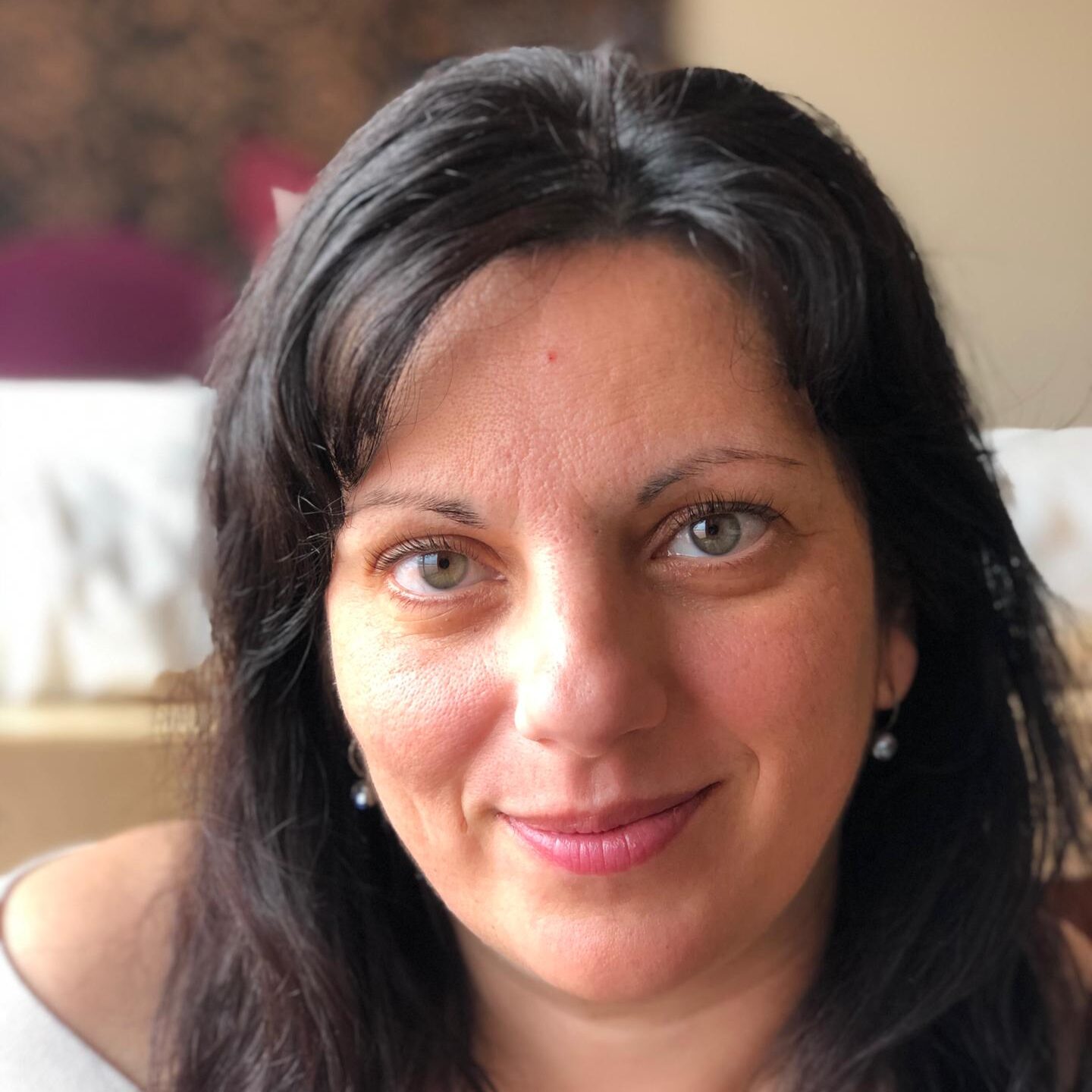 Elsa Vieira
Elsa Vieira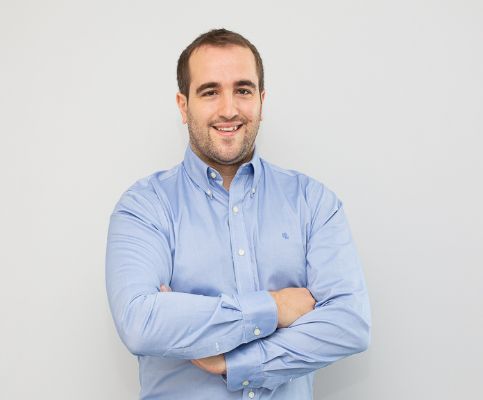 Ernesto Lopez Gomez
Ernesto Lopez Gomez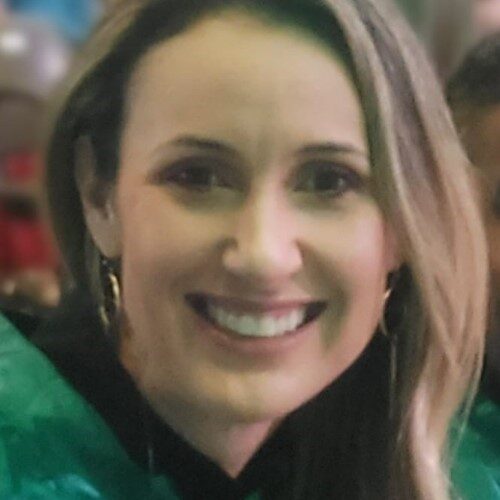 Heleni Aires Clemente
Heleni Aires Clemente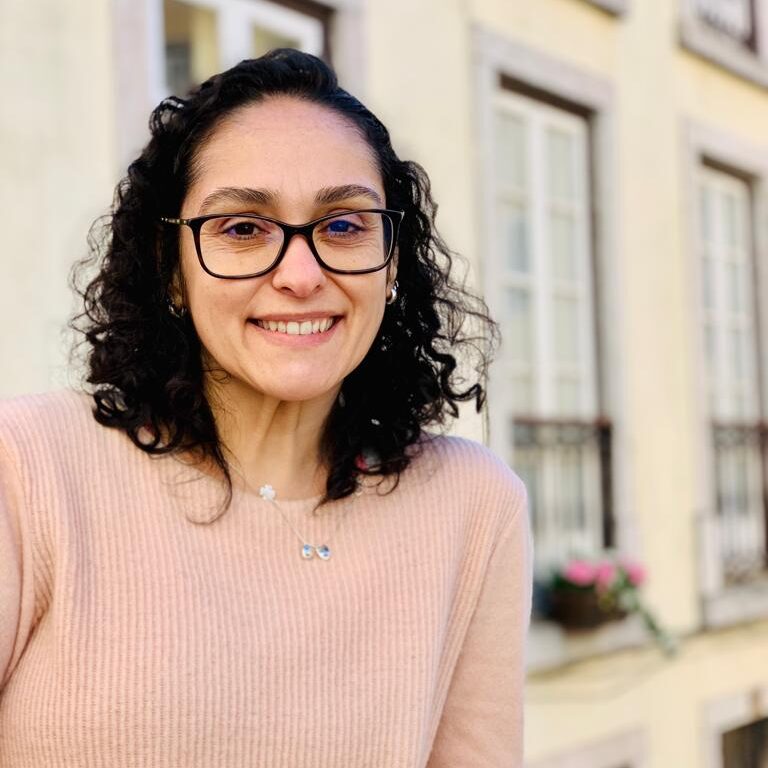 Janaína Valentim
Janaína Valentim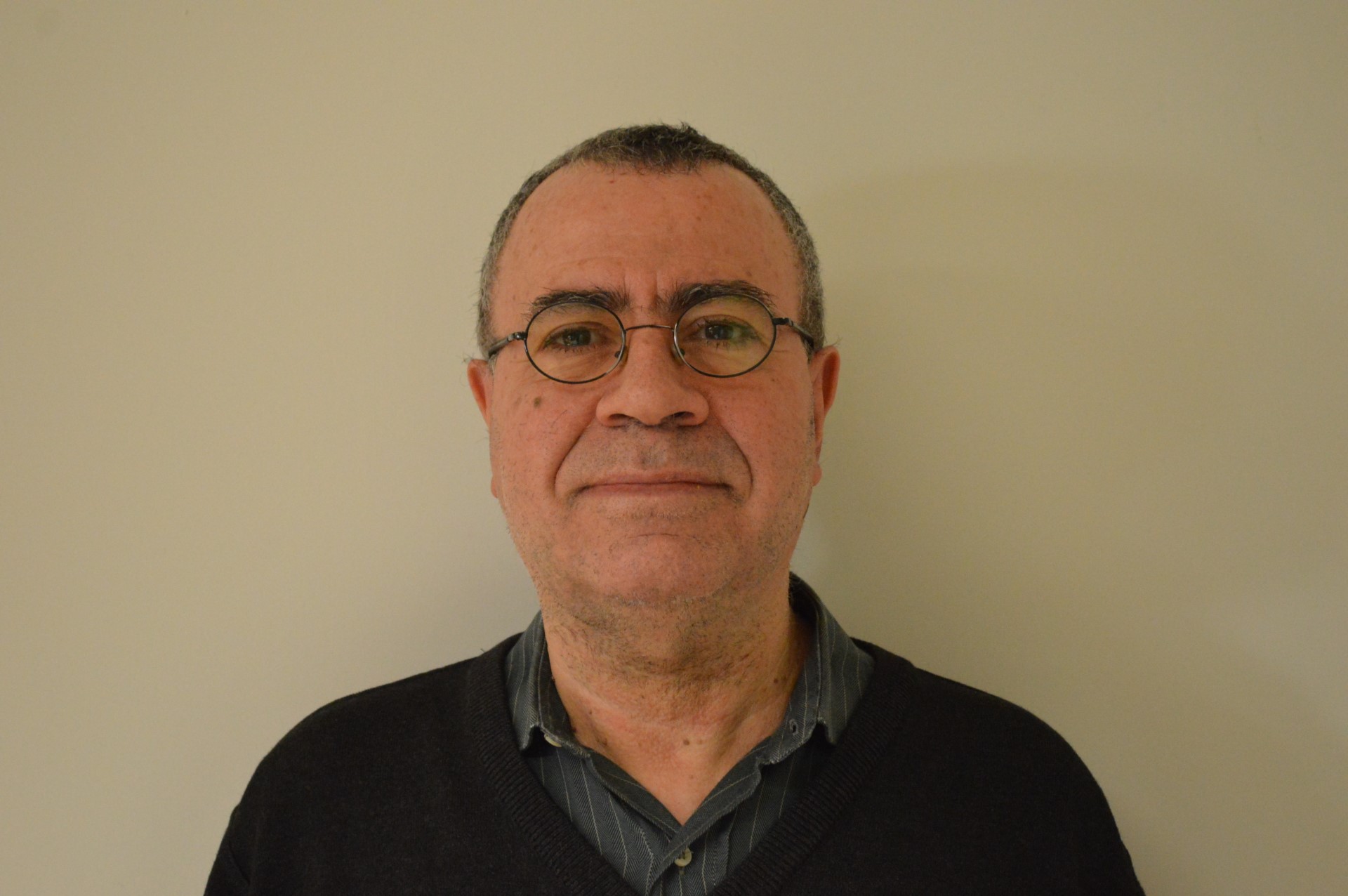 Joaquim Pintassilgo
Joaquim Pintassilgo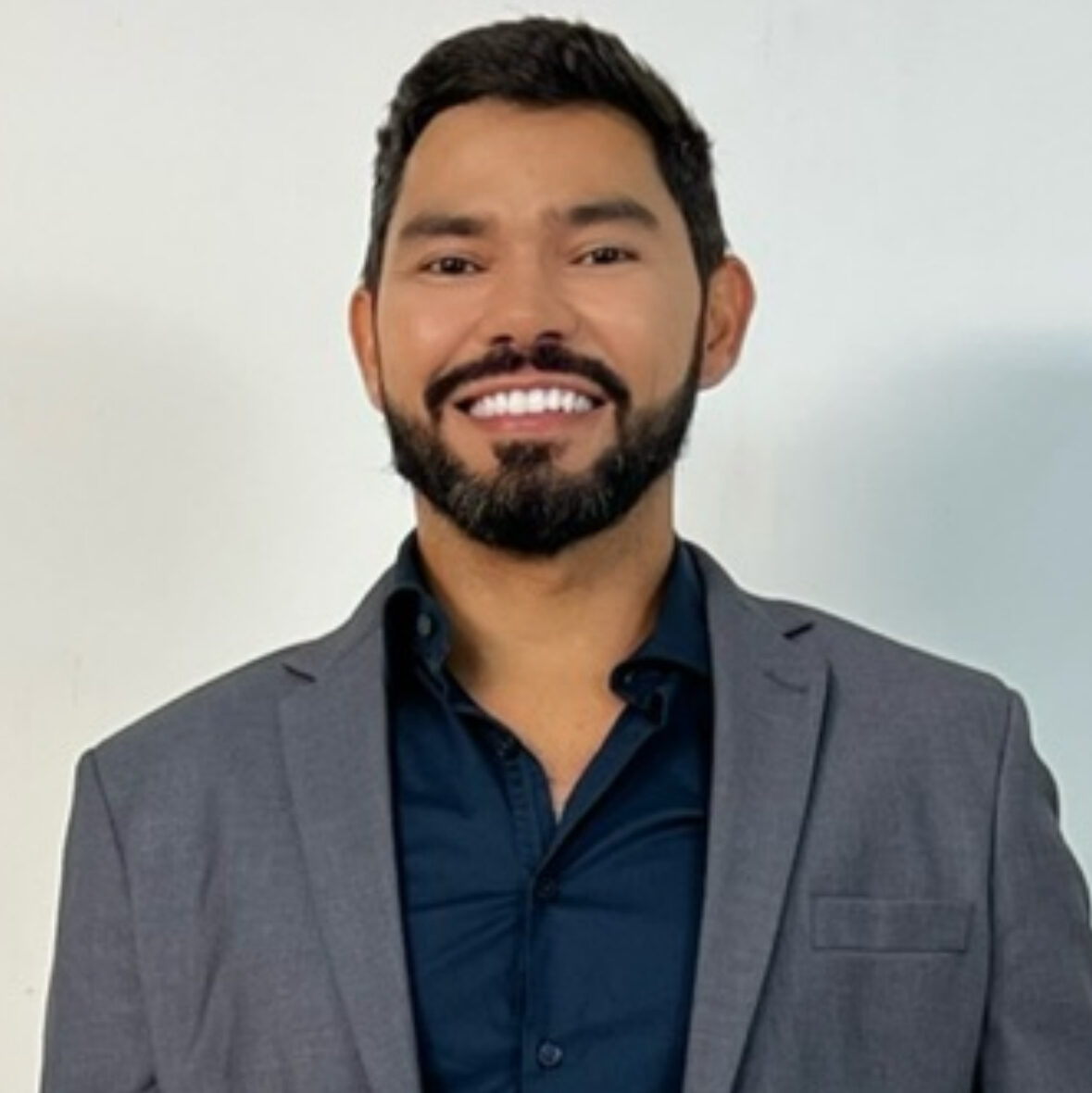 José Adailton da Silva
José Adailton da Silva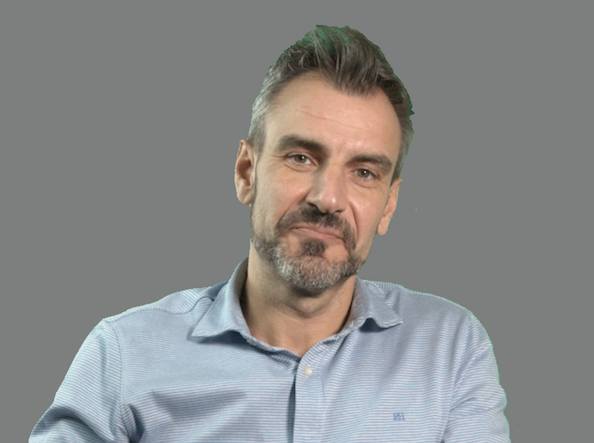 José António Moreira
José António Moreira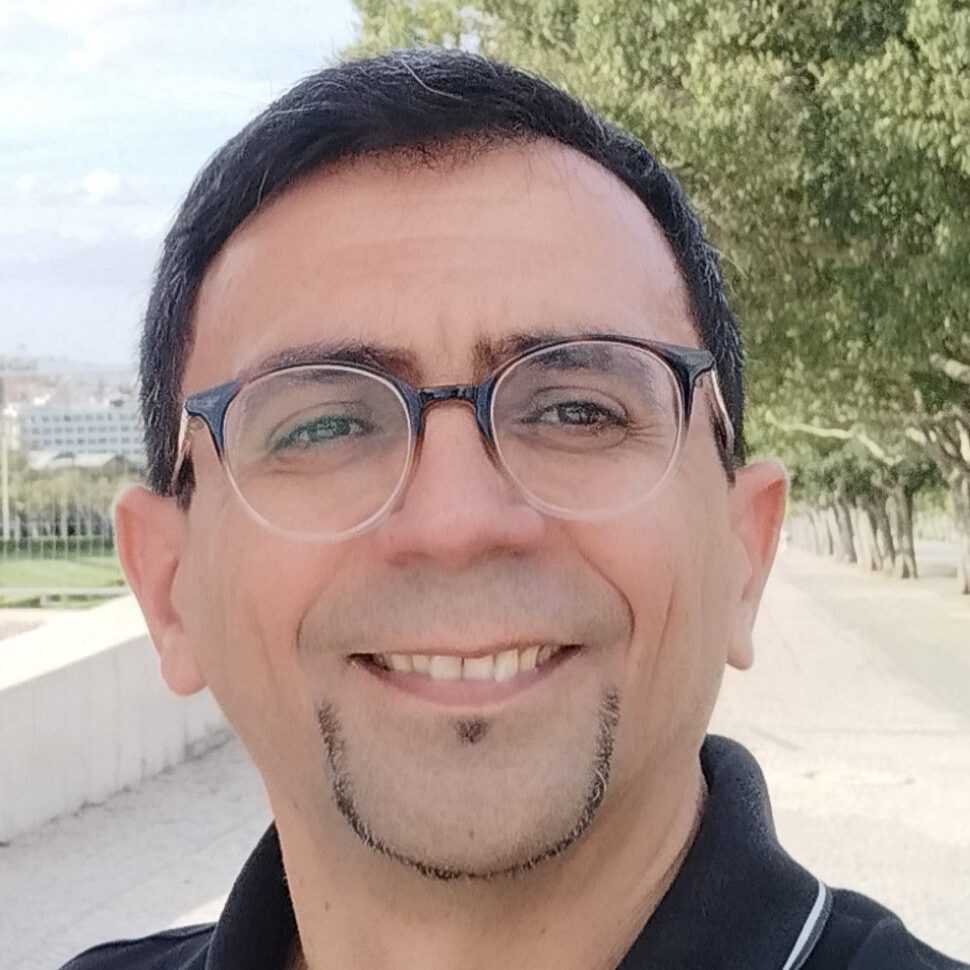 Juciano Lacerda
Juciano Lacerda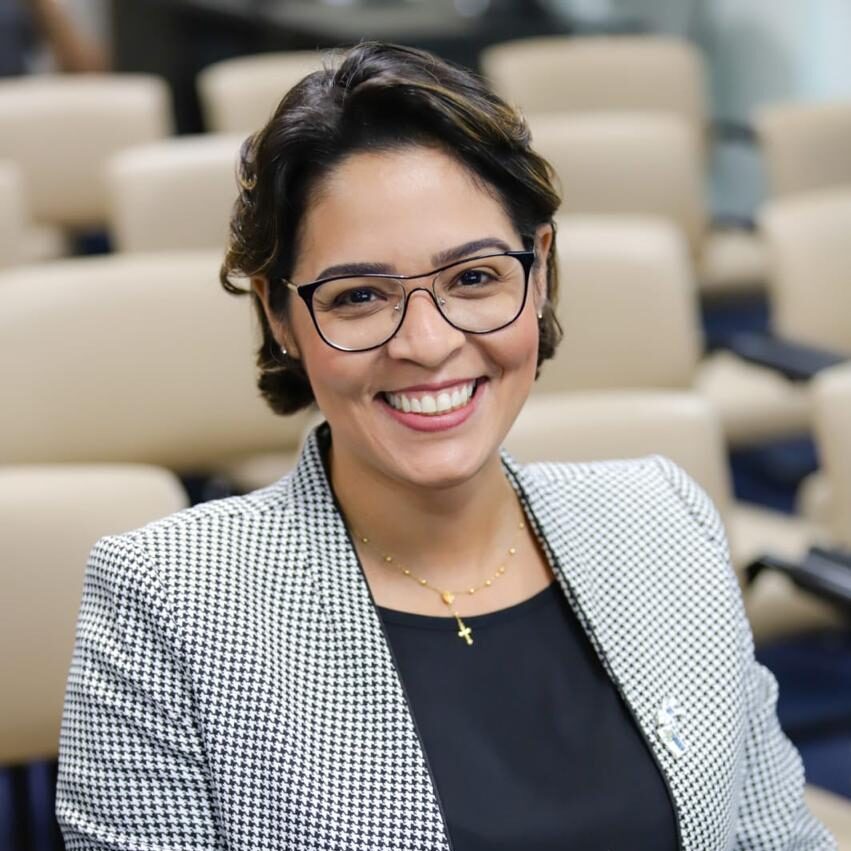 Karilany Dantas Coutinho
Karilany Dantas Coutinho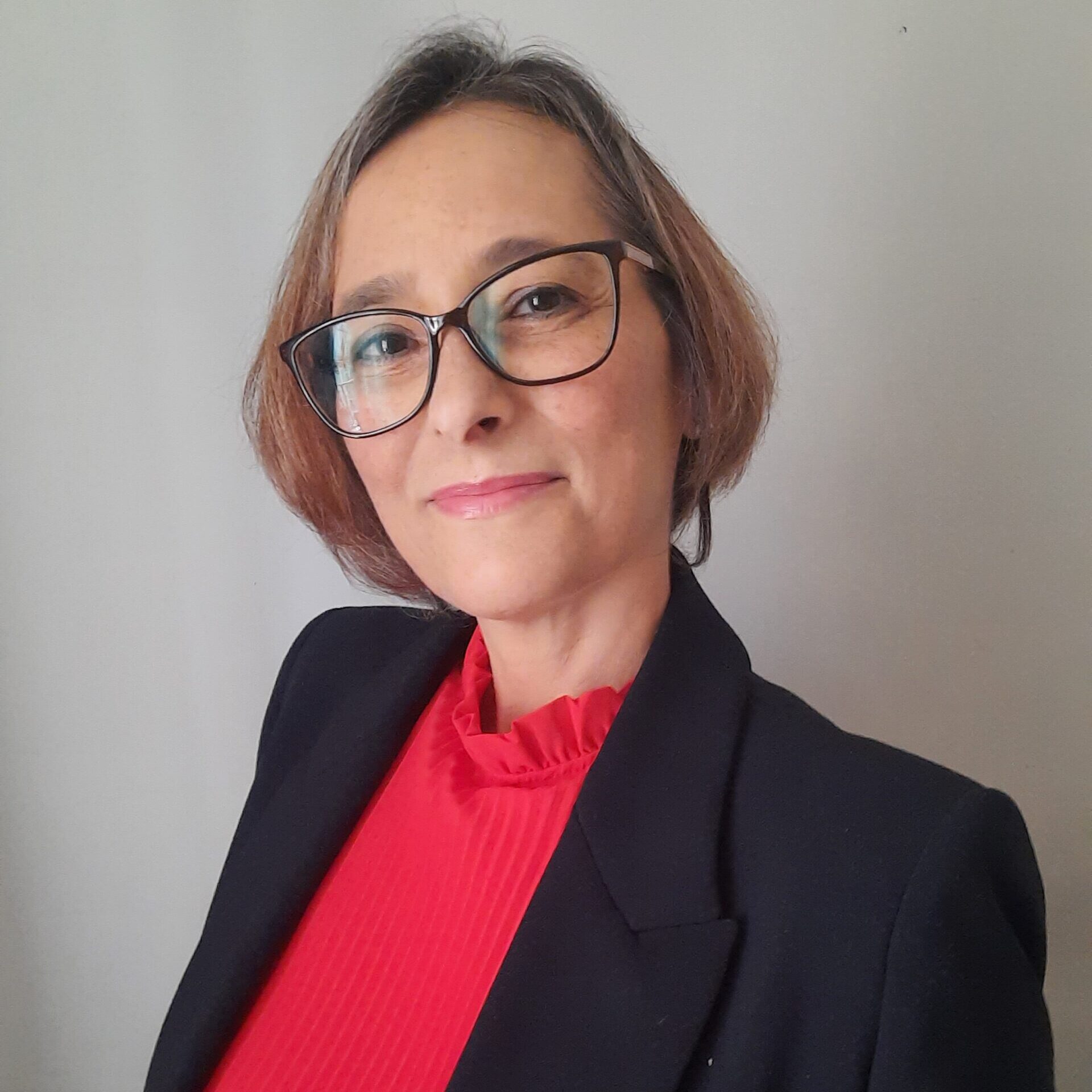 Leonor Haydée Viegas
Leonor Haydée Viegas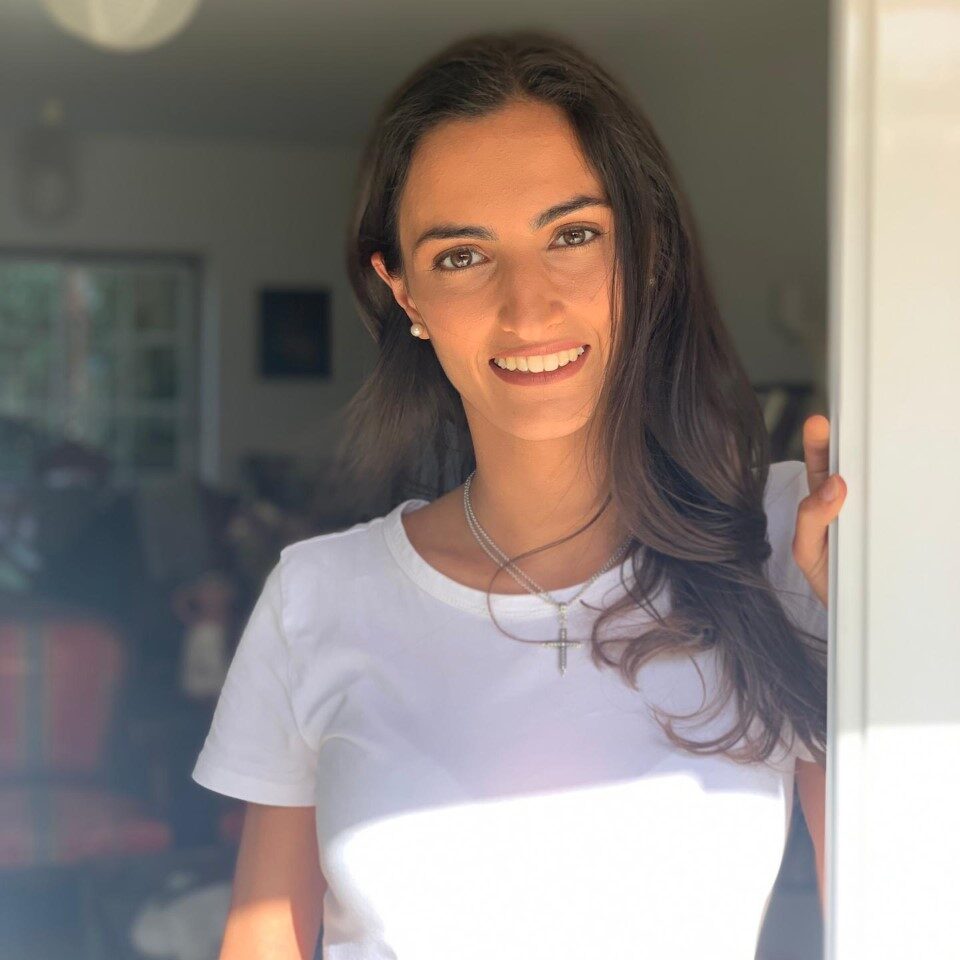 Luciana Paredes
Luciana Paredes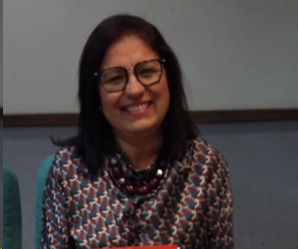 Manuela Pereira
Manuela Pereira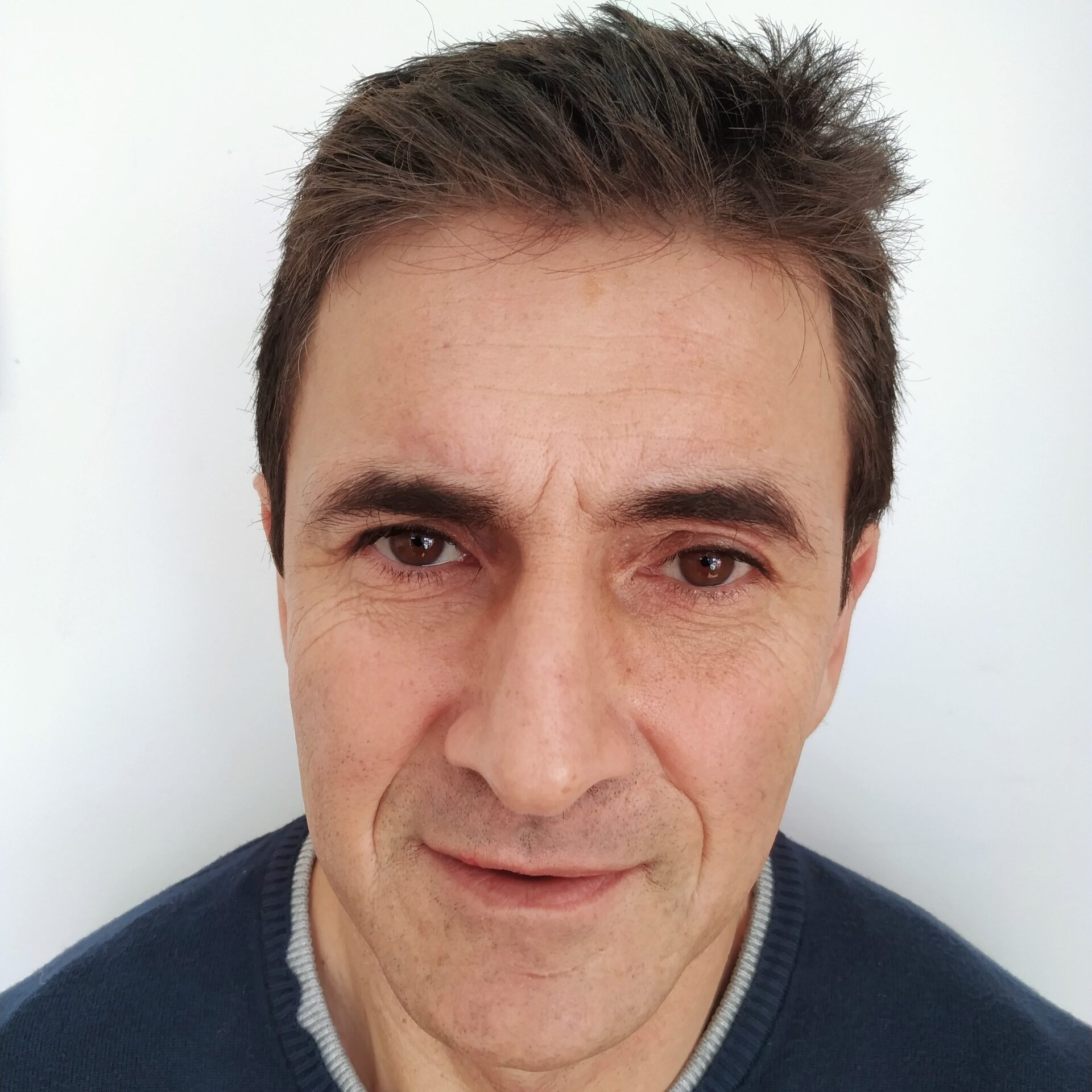 Marco Pires
Marco Pires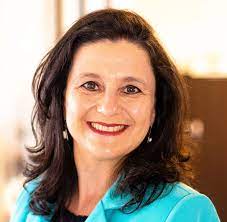 Mari Regina Anastacio
Mari Regina Anastacio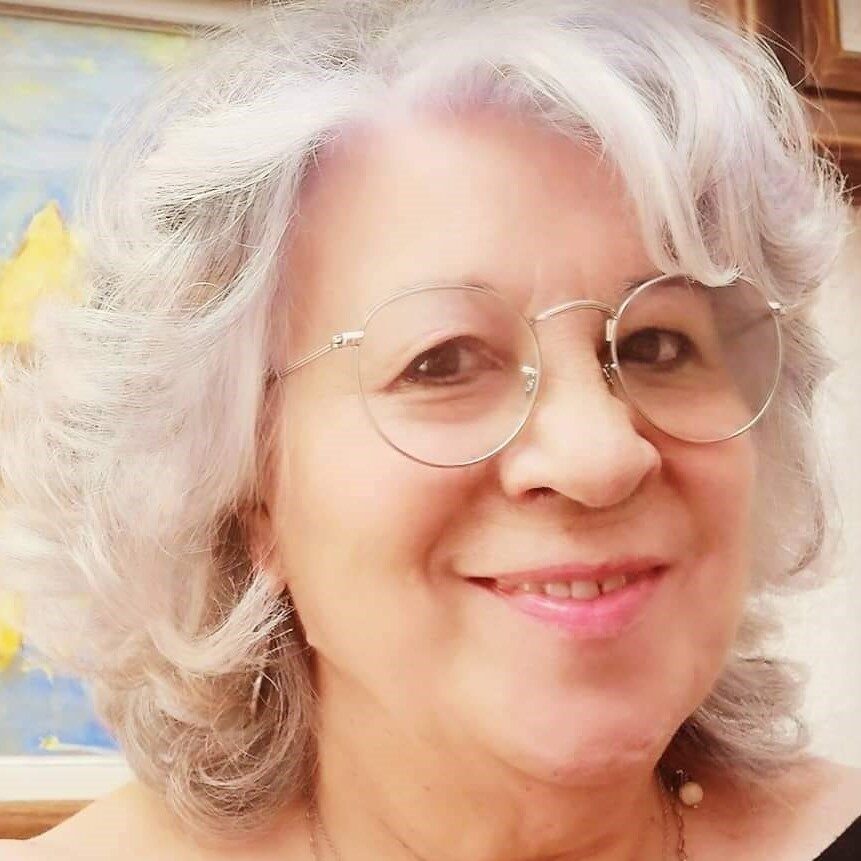 Maria Celeste Sousa Lopes
Maria Celeste Sousa Lopes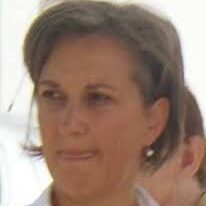 Maria de Fátima Goulão
Maria de Fátima Goulão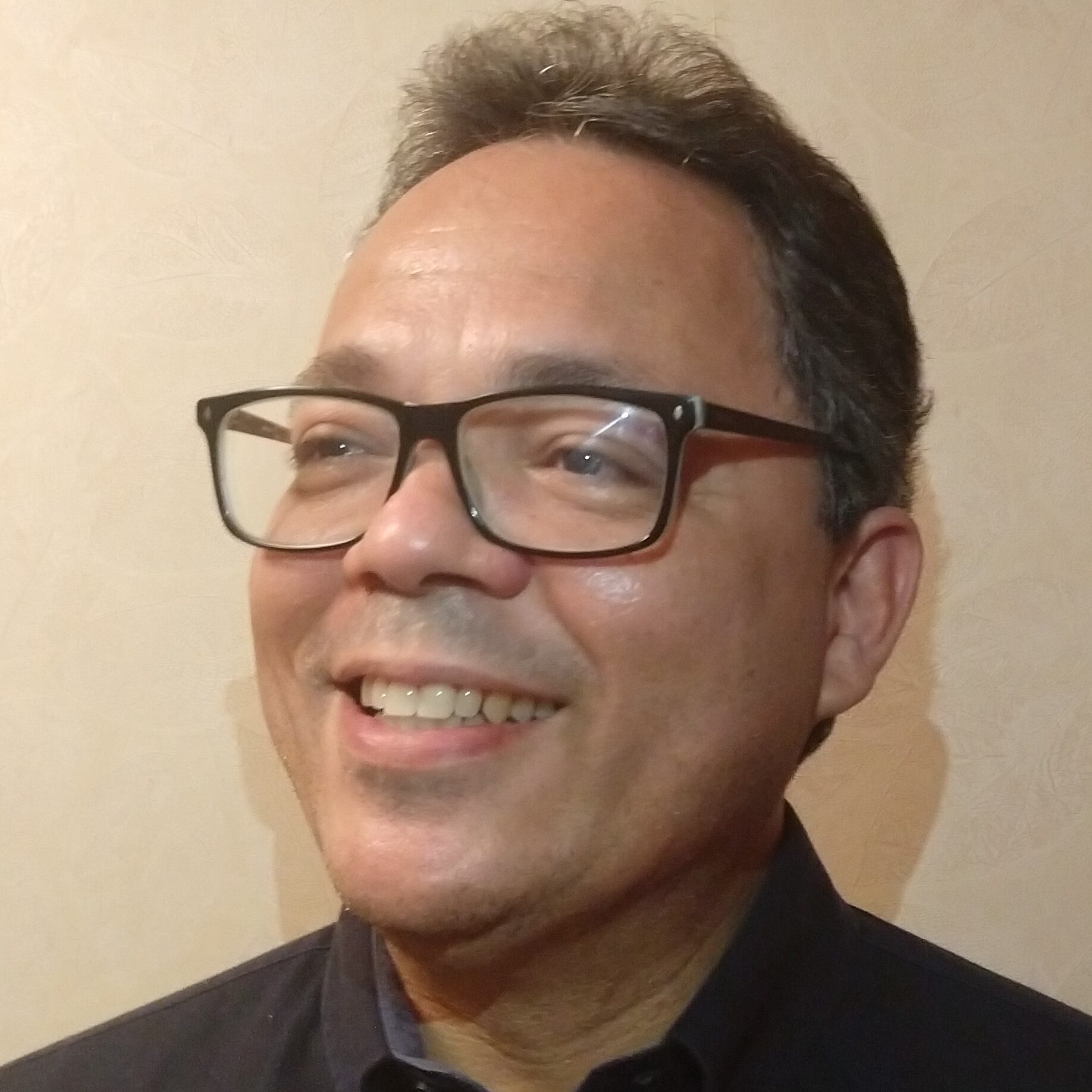 Mekler Nichele Nunes
Mekler Nichele Nunes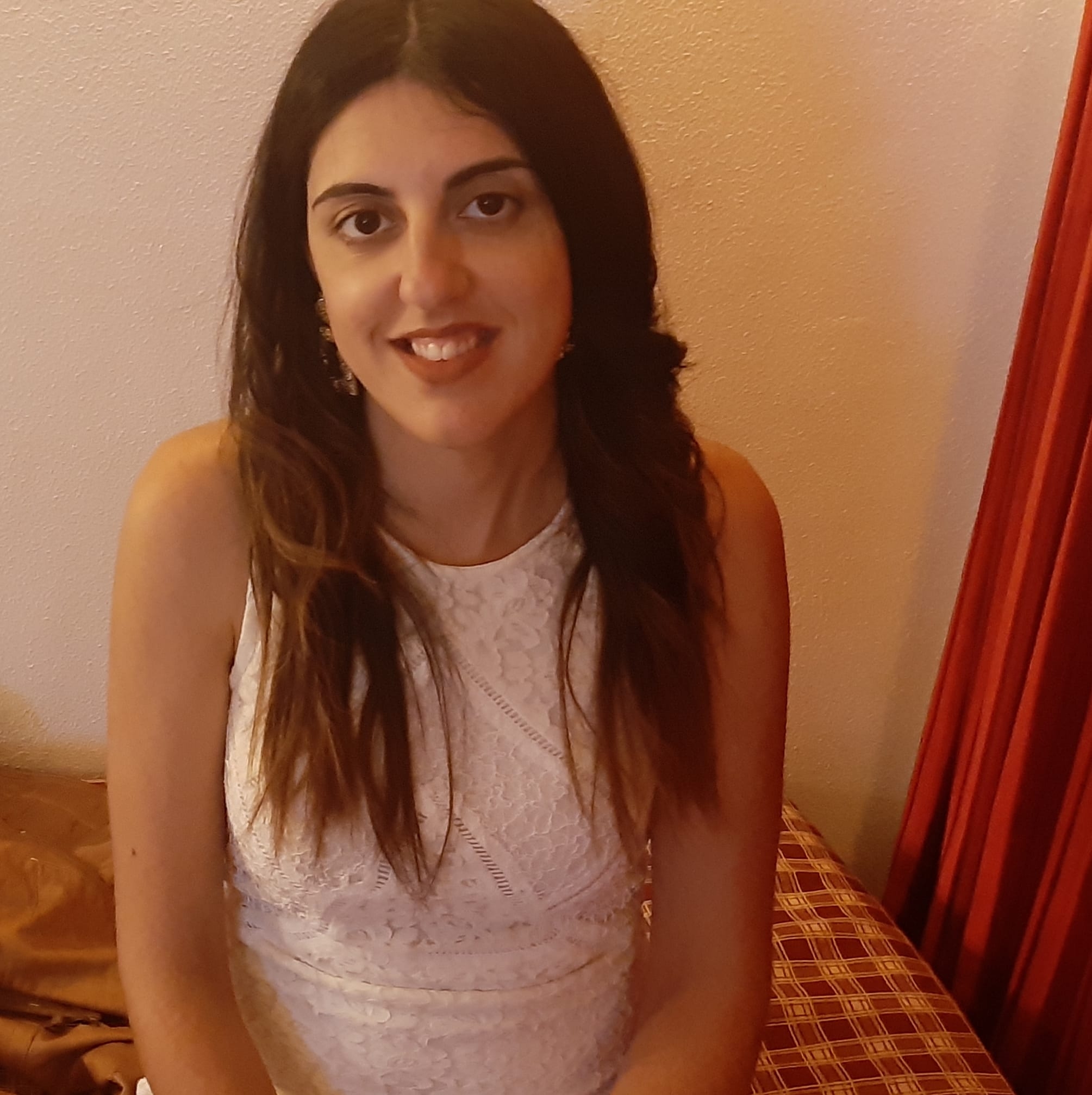 Melanie Magalhães
Melanie Magalhães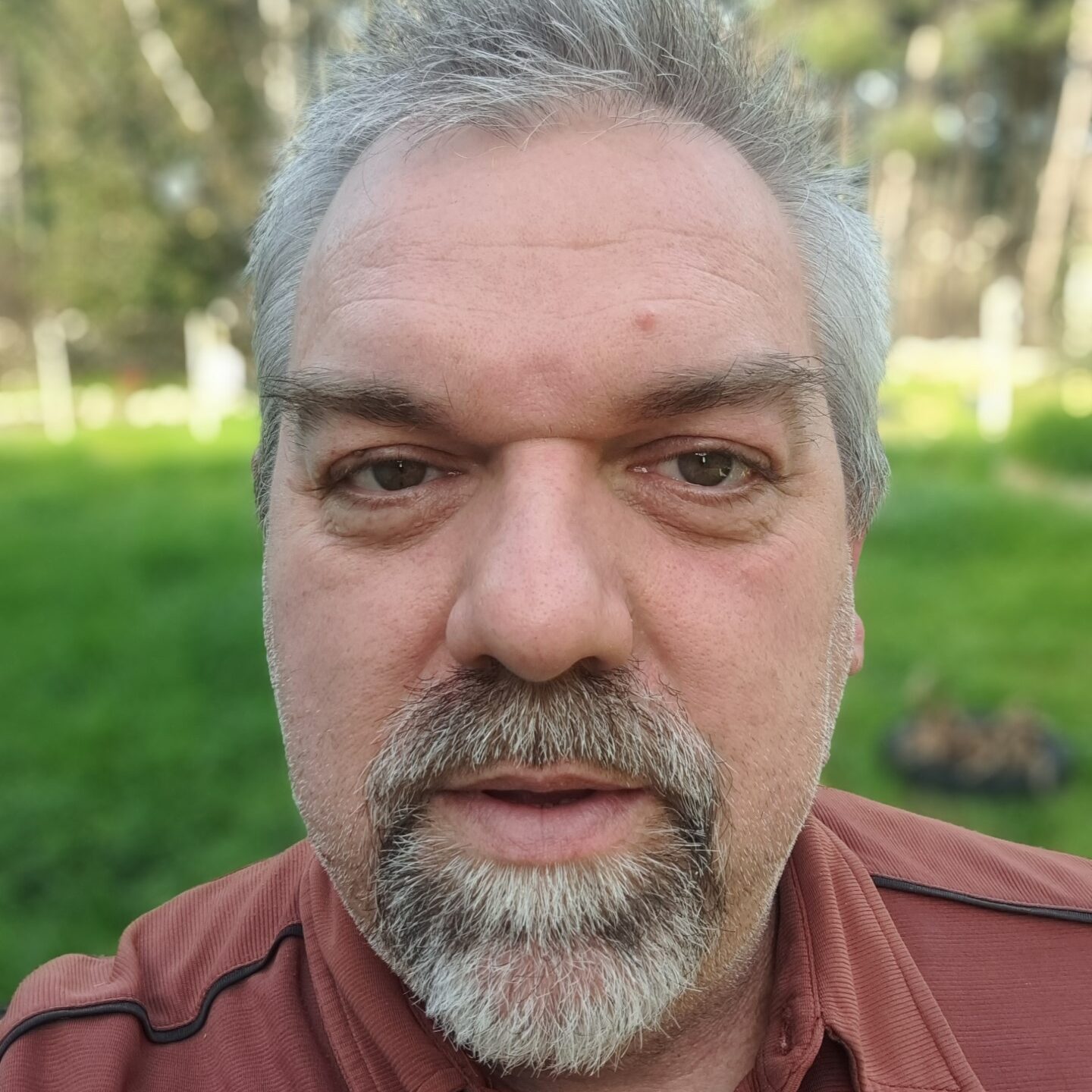 Nelson Carneiro
Nelson Carneiro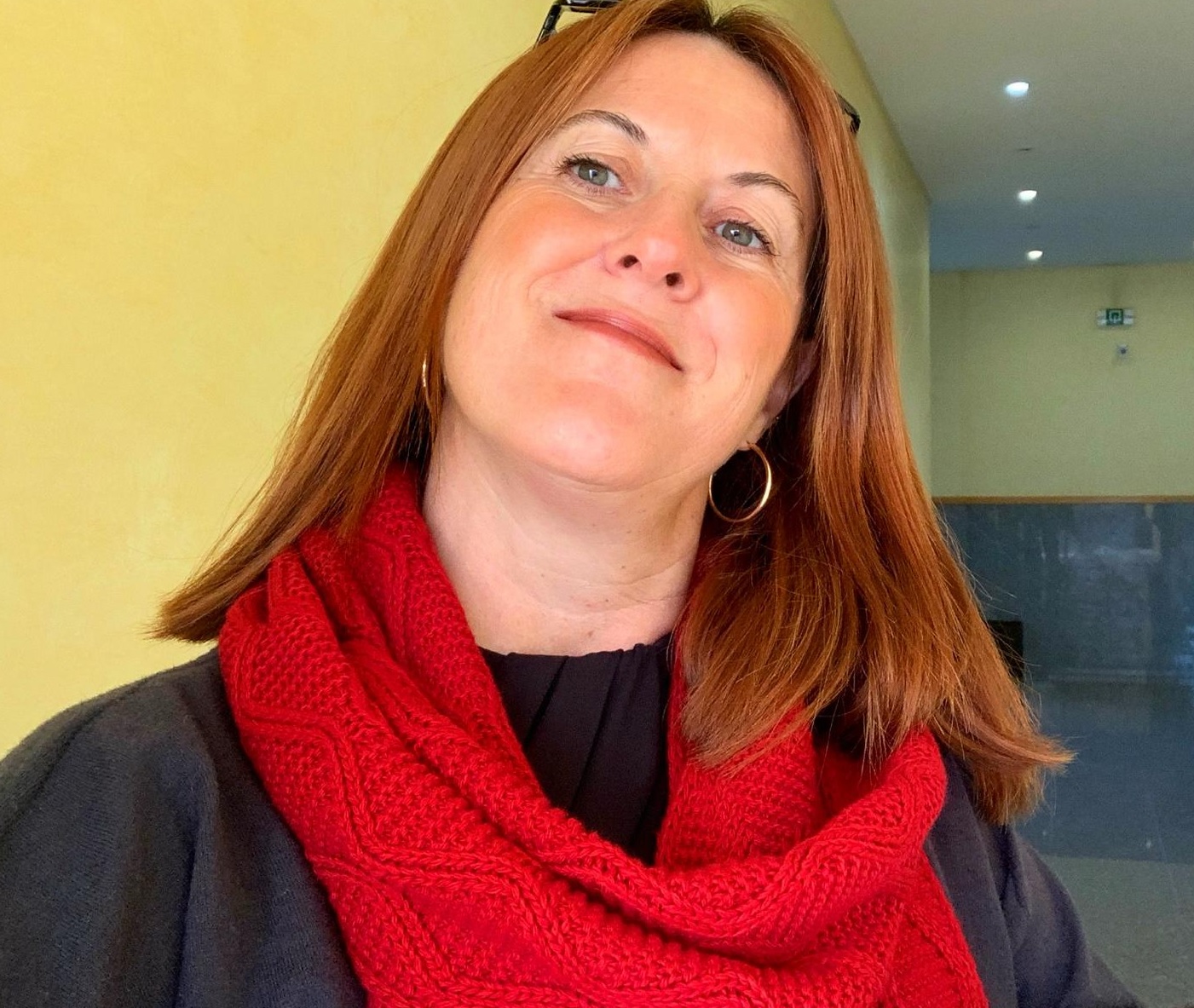 Paula Braçais
Paula Braçais Paula Valente da Silva
Paula Valente da Silva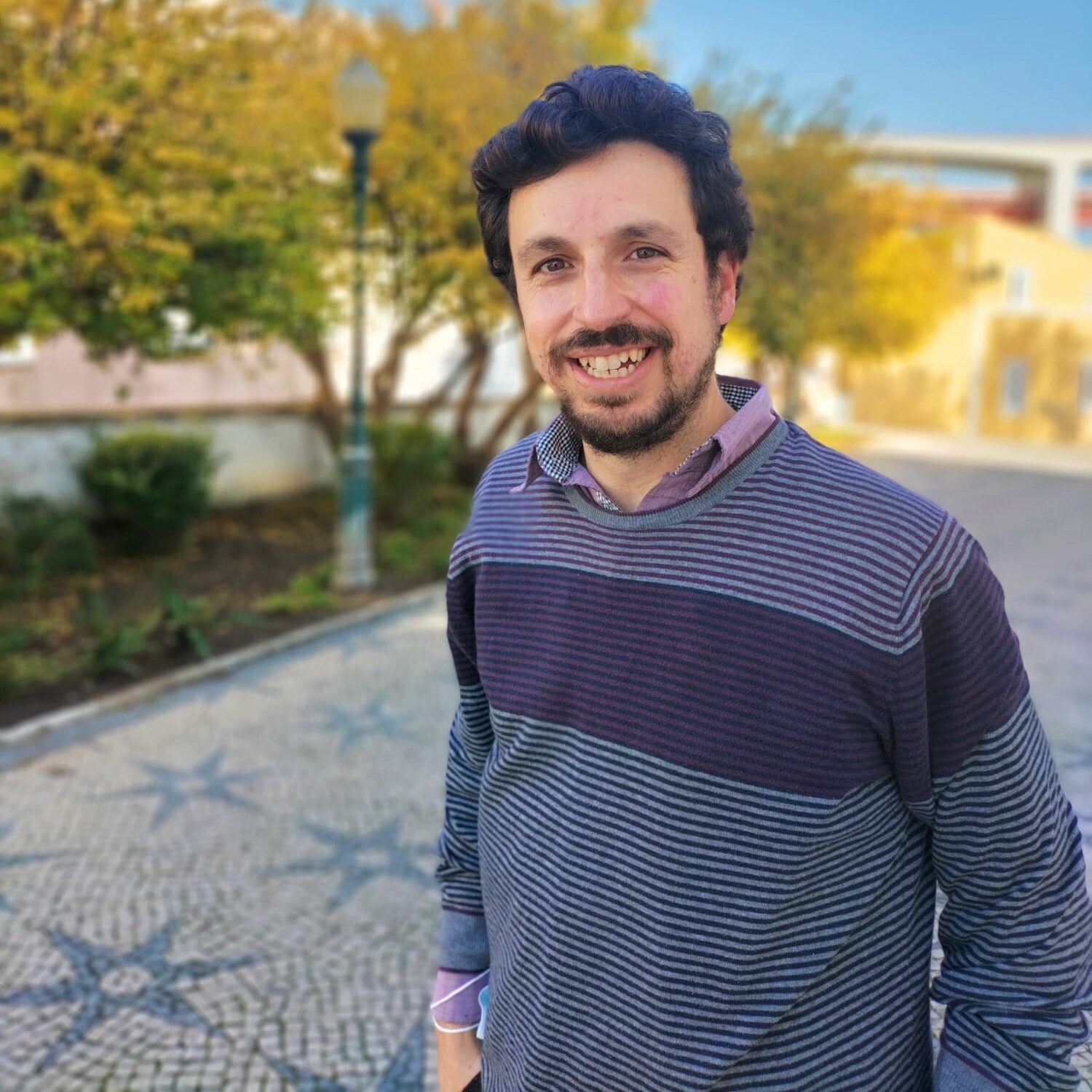 Pedro Abrantes
Pedro Abrantes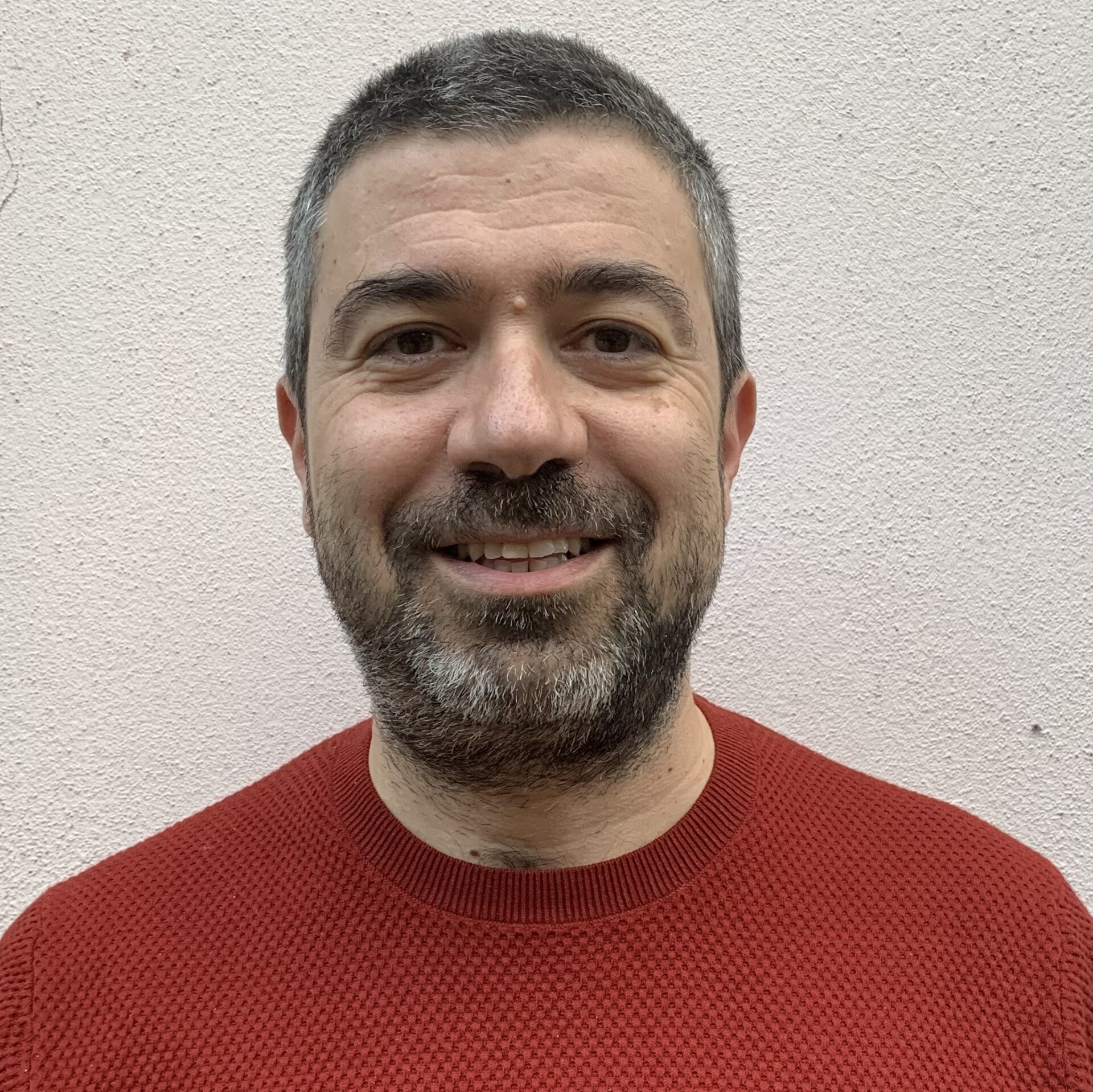 Pedro Jesus
Pedro Jesus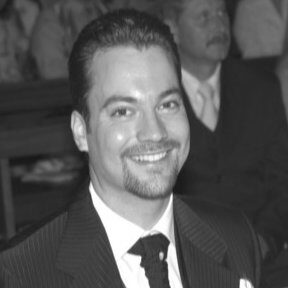 Ricardo São João
Ricardo São João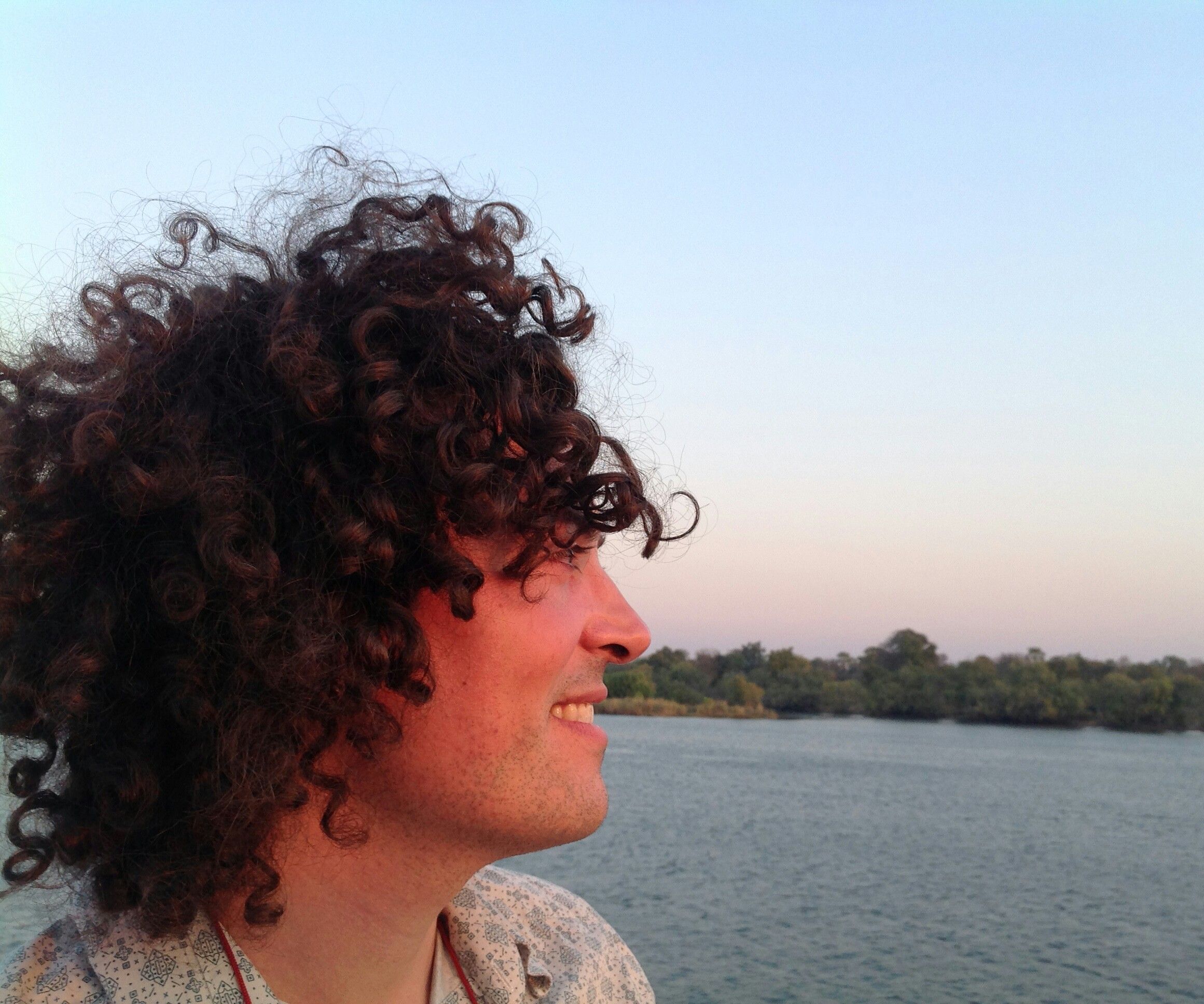 Rosario Scandurra
Rosario Scandurra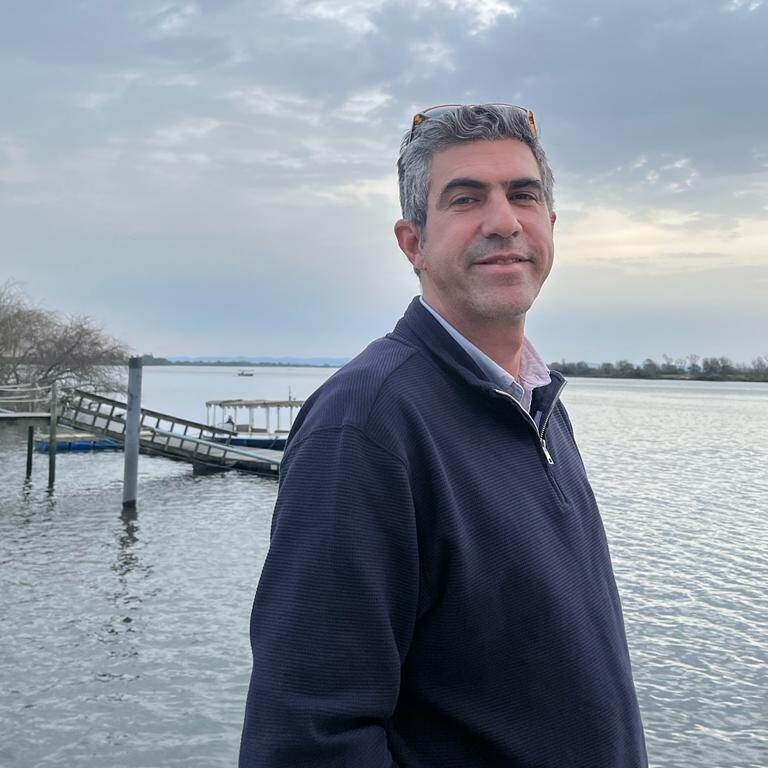 Sandro Jorge
Sandro Jorge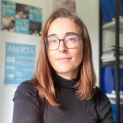 Sónia Valente
Sónia Valente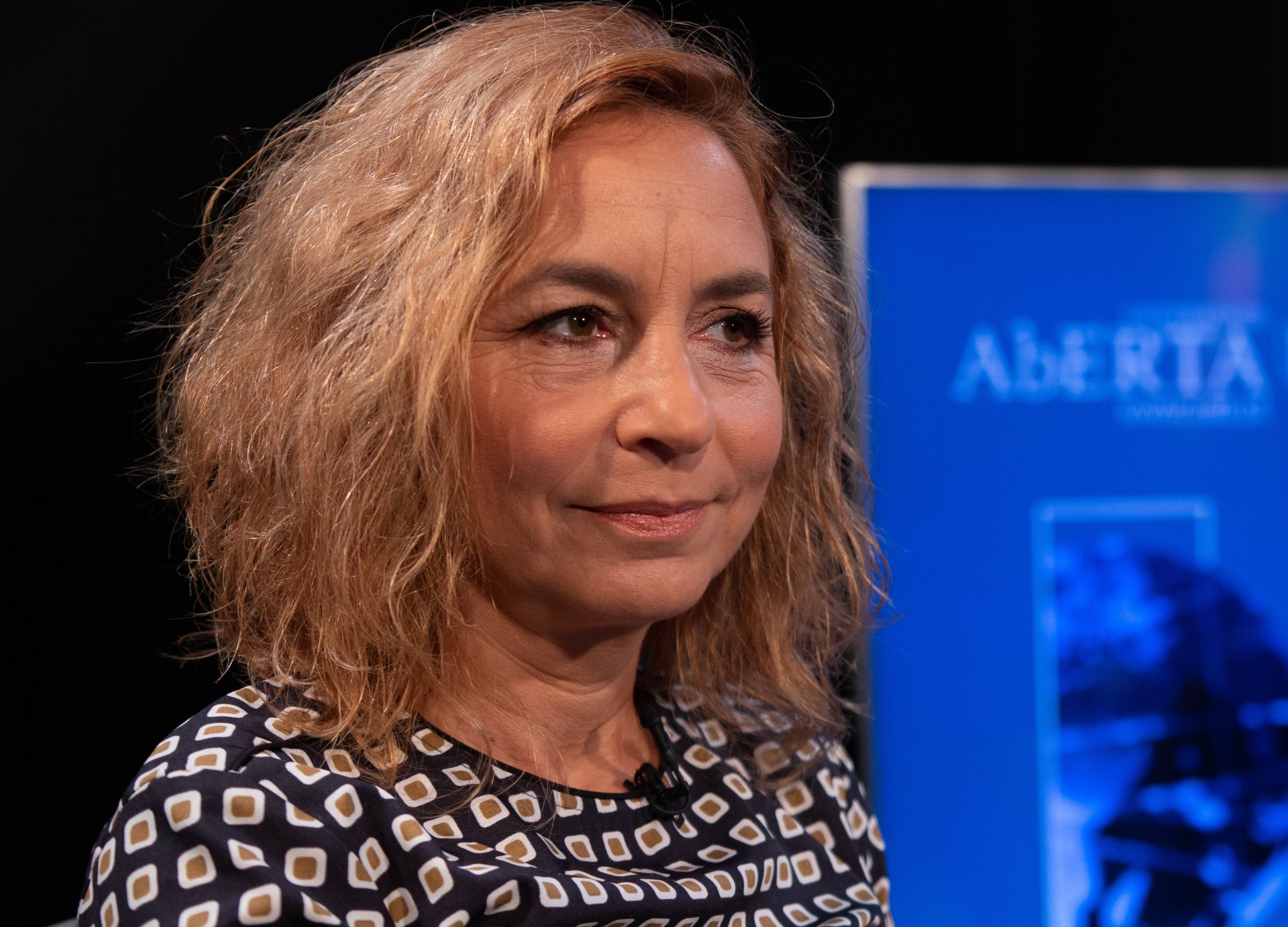 Susana Henriques
Susana Henriques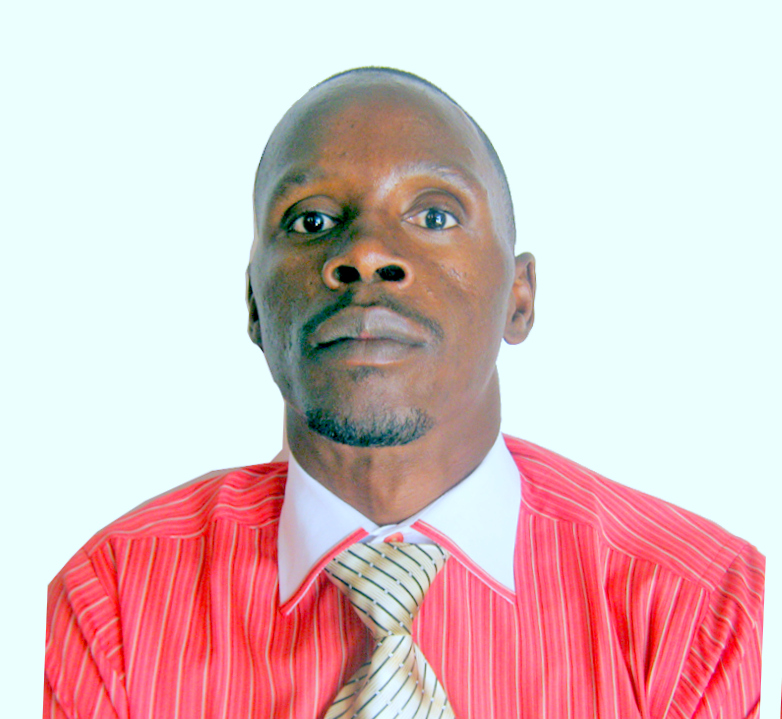 Tarcísio Jeremias Memória Ekulica
Tarcísio Jeremias Memória Ekulica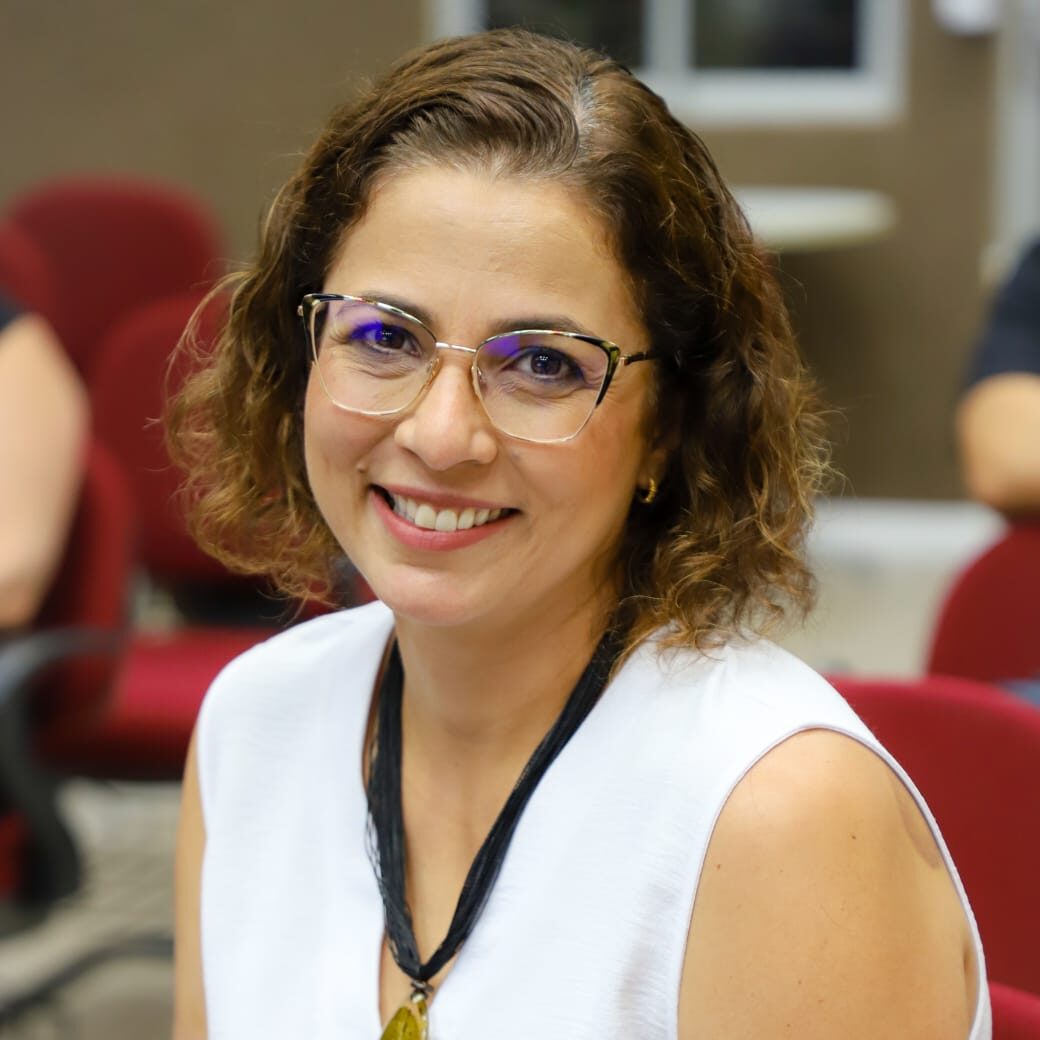 Thaisa Santos Lima
Thaisa Santos Lima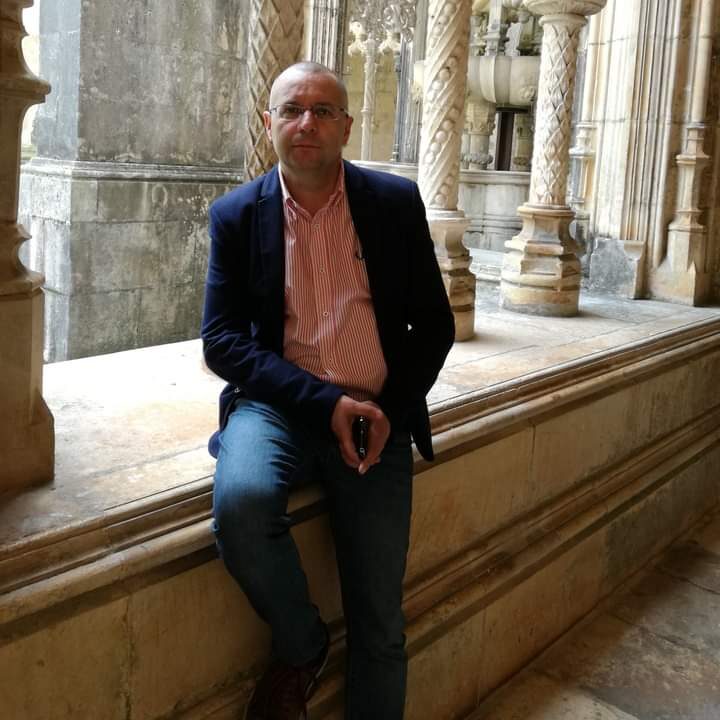 Vítor Rosa
Vítor Rosa
